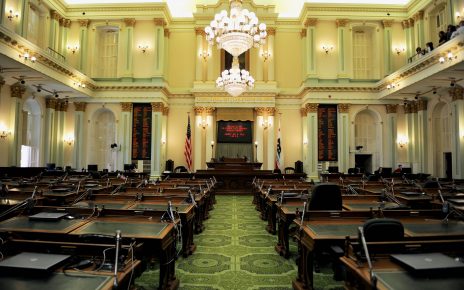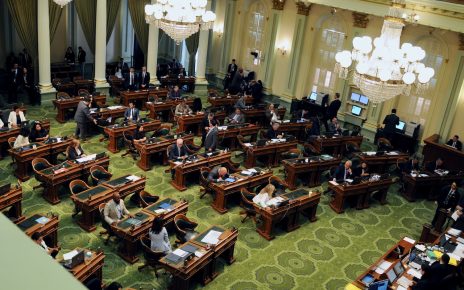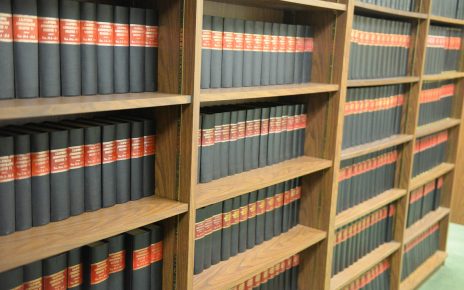Constitutional Amendment Proposed to Enact Tax Increases for CA Single-Payer Health Care System
On January 5, Assembly Constitutional Amendment 11 was introduced by Assembly Members Ash Kalra and Alex Lee proposing to enact significant tax increases to fund universal single-payer health care coverage and cost controls. Co-authors include Assembly Members Mia Bonta, Wendy...







